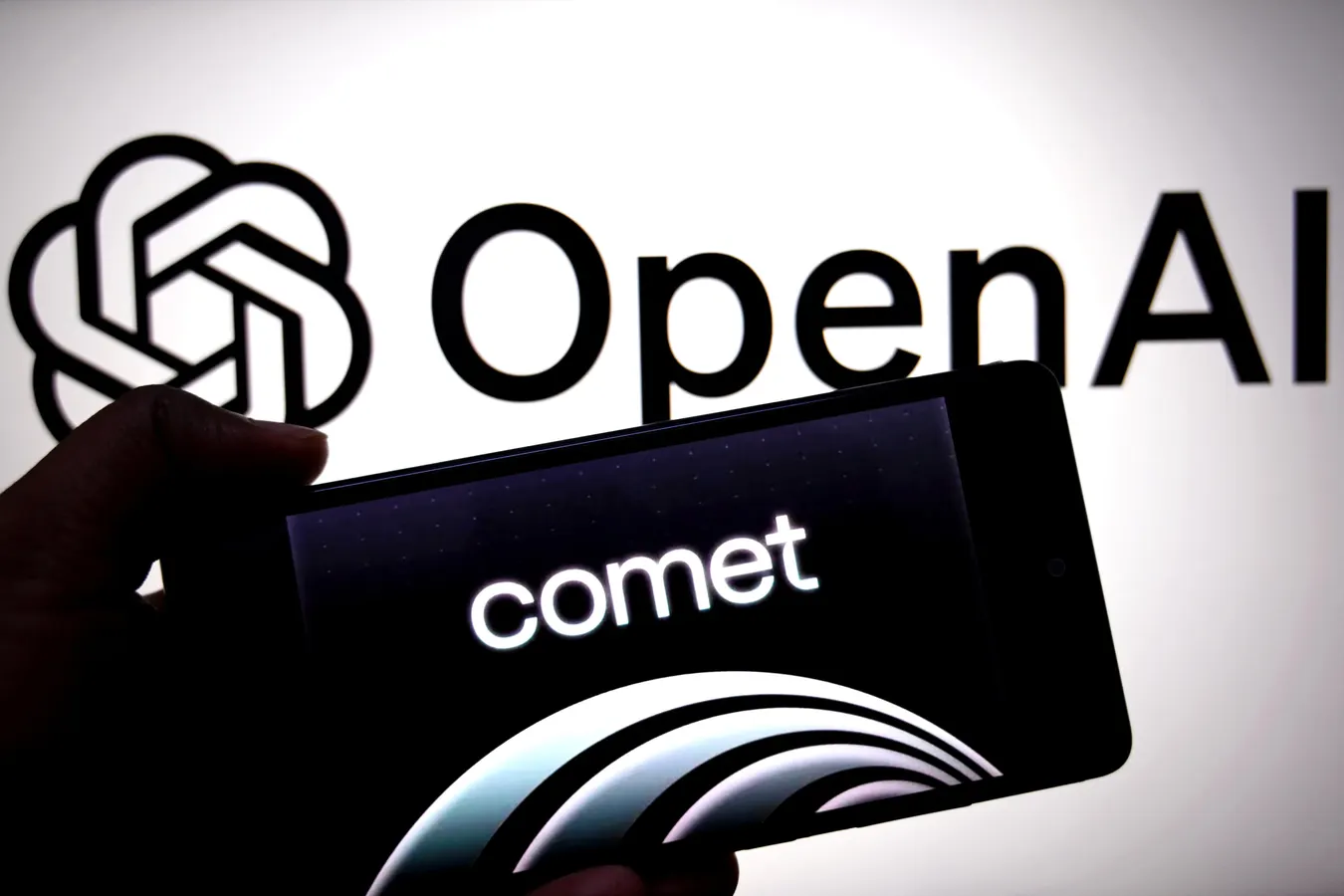Copyright forbes

INDIA - 2025/08/08: In this photo illustration, an Comet Browser logo is seen displayed on a smartphone with an Open AI writing in the background. (Photo Illustration by Avishek Das/SOPA Images/LightRocket via Getty Images) SOPA Images/LightRocket via Getty Images Earlier today and with great fanfare, ChatGPT announced the launch of Atlas, an AI-enabled browser. It comes on the heels of an agreement with WalMart to let shoppers purchase goods directly in ChatGPT, and a few months after the launch of Perplexity’s browser, Comet. In the last few years, we’ve seen announcement after announcement of new tools and integrations, along with the release of AI-enabled devices, most recently Meta’s Display glasses. All of this is great and thrilling – until it’s not. Because despite excitement about these products, they quickly hit major roadblocks. And most frustratingly, the limitations that will likely hamstring these products are something ChatGPT, Perplexity, and others have almost no control over. They’ve set themselves on a collision course with bad legacy systems and technology, not to mention outdated mindsets – and in the end, that could kill a lot of innovation before it gets off the ground. When we think about infrastructure and AI, most people think about data centers and water consumption issues – but while those issues are pressing, they are future looking, and eventually solvable. But the legacy issues around data cleanliness, connectivity, and overall technology adoption, not to mention walled garden systems, are far more complicated. Take connectivity. We got a sneak peek of the problems that might arise when Meta’s Display demo at their Connect event kept going sideways. Meta put the blame on wifi issues, which is fair, but the fact that these glasses lose basically all functionality if the connection is unstable is a major issue. And even worse, out in the real world, most people won’t be on wifi – they’ll be on 5G or LTE networks, and massive parts of the USA still lack even that basic connectivity. Driving on a major thoroughfare less than two hours north of New York City this weekend, my phone most often resembled an expensive brick – and that’s not an uncommon experience in many parts of the country. So at this point, all of these amazing, ground-breaking, life-changing tools and devices will have to come with an asterisk. They’ll revolutionize information and communication – just not on the subway between stops, or in a rural area, or in a dead zone. MORE FOR YOU But even if you have a blazing fast connection, you’ll still have to deal with bad legacy systems and dirty data. When I try any new AI product, I want to know what real life problems it can solve for me. They might not be terribly complex or interesting, but they reflect the way many people will use the technology. I started by asking Atlas a question about prescription availability. I take a medication that is sometimes out of stock at my local pharmacy, so I want to know which other pharmacies near me would have it for the next time I get my prescription filled. Alas, because of bad legacy systems, there is no centralized database, so you basically get an error message. It’s not ChatGPT’s fault, per se, but it negates at least one very real use case. I then moved on to booking a restaurant. I asked Atlas for some recommendations based on what I would like for dinner for two later this week in New York, and it shot back some good options. I got excited about one spot I’ve been dying to try and asked it to get me a table – alas, it just went to Resy and I watched my mouse click around to come up with a goose egg. It was simply a bad integration – since it knew the date, it should have eliminated that restaurant as an option altogether. And even when I tried another spot that had open tables, it didn’t save me any time. I could have just clicked through Resy myself to find a table. And that’s for the restaurants that have online booking. Just for fun, I decided to throw a curveball and ask it to get me a table at a restaurant in France that doesn’t even have email, let alone online booking. Not surprisingly, it replied that it was unable to do it, although it did give me a script for calling and asking for a table, assuming I was born yesterday. This is a silly example, for sure, but it could create real issues for small businesses, especially those who eschew technology. Walmart’s integration is likely the first of many among larger businesses, but can small businesses compete? If restaurants don’t use online systems or have available tables, they eventually won’t show up in results, and some might not survive the transition. These browsers are of course early, and integration will likely become more seamless and easy. But these backend issues, as unsexy as they might be, could stand in the way of a lot of success – and when the “magnificent seven” tech stocks are basically powering the market, that has outsize implications for everyone. The focus needs to be on getting people connected and updating legacy systems and onboarding laggards, or Comet and its peers will come crashing down to earth. Editorial StandardsReprints & Permissions



